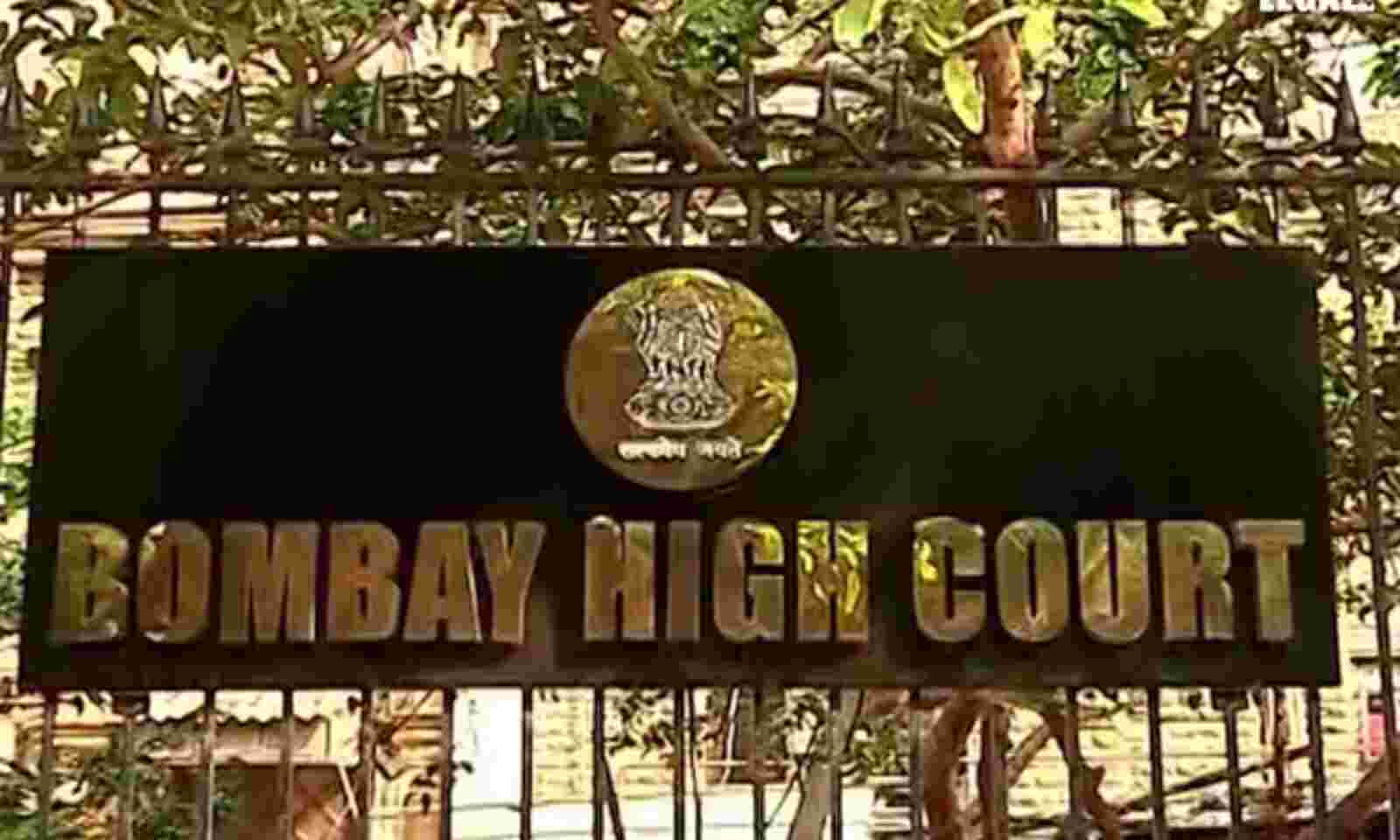


On Tuesday, the High Court of Bombay dismissed a petition filed by Economically Weaker Sections (EWS) candidates seeking age relaxation equivalent to that given to backward classes for posts of judicial magistrate or civil judges.“Candidates belonging to the economically weaker section cannot be construed as candidates belonging to backward classes,” said the court, emphasising on separate treatment of these groups under the constitution.The petitioners—Ashwini Sanjay Kale, Anita Dada Hawaldar, Palavi Shrikant Patil, & Ramakant Gajendra Jadhav—challenged their disqualification based on age exceeding specified limits & their non-belonging to backward classes. The Maharashtra Public Service Commission (MPSC) advertised positions in 2019 for civil judge junior division & judicial magistrate first class, with age criteria & relaxations outlined for backward-class candidates.The age criteria required the candidates to be under 35 years for those with 3 years of experience & under 25 years for fresh law graduates. A relaxation of 5 years was given to candidates from the backward class. However, subsequent government resolutions provided reservations for candidates from the Economically Weaker Section (EWS) & the Socially & Educationally Backward Classes (SEBC). The SEBC Act, which granted 16% reservation to SEBC candidates, was later deemed unconstitutional by the Supreme Court in 2021.The petitioners argued that the term “backward” should encompass EWS candidates, citing constitutional mandates & legal precedents. However, the state argued against this interpretation, emphasising the lack of age relaxation provisions for EWS candidates in the 2008 rules governing judicial service.A bench of justice AS Chandurkar & justice Jitendra S Jain accepted the state’s stance, citing constitutional provisions distinguishing between socially & educationally backward classes & economically weaker sections. It clarified that age relaxation under the Maharashtra Judicial Service Rules of 2008 applies only to candidates from recognised backward communities, not economically weaker sections.The court noted that the SEBC Act’s invalidation in 2021 meant that communities previously notified under the Act could not be considered backward classes.Furthermore, the court highlighted the distinction between recommendations & vested rights for appointment. It emphasised that mere recommendation & document verification do not confer a vested right for appointment, especially when candidates are over the age limit as specified in the rules. The court also addressed the delay in the recruitment process, attributing it to the global pandemic, which was beyond the control of the respondents. It noted that the petitioners could not benefit from the delay caused by external factors & emphasised the importance of adhering to the rules & regulations governing judicial service recruitment.
TAGS: High Court of Bombay EWS candidates Age relaxation Judicial posts